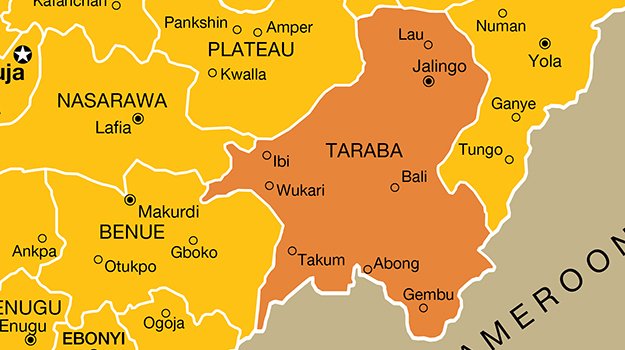[ad_1]
A foremost Nigerian virologist, Prof. Oyewale Tomori, has said that the COVID -19 pandemic clearly showed that Nigeria and the world at large were ill-prepared and ill-equipped to deal with unforeseen medical emergencies.
Tomori, a former Vice Chancellor of Redeemer’s University, Ede in Osun, told the News Agency of Nigeria in Abuja on Thursday, that he expected the country to learn relevant lessons from the unending COVID-19 Pandemic.
He said that despite official proclamations by the government that Nigeria had learnt some lessons, “I think we have either not learnt much or forgotten what we learnt so soon or learnt the wrong lessons.
“As such, it does not seem as if we are ready for the next epidemic.’’
Tomori, who alluded to the Lassa fever outbreaks in some parts of the country, said that the spread had witnessed an annual increase.
“Take for example the annual increase (almost doubling) the number of reported suspected Lassa fever cases since 2019, 5,057 in 2019, 6791 in 2020, 4654 in 2021, and 8,202 in 2022.
“The 2021 drop in the number of reported cases may be attributed to the near-total focus on COVID-19. We seem unable to stem the tide of the annual outbreaks of Lassa fever, a disease that was first discovered in 1969,” he said.
The expert said that the people, the community, or the individual are the most important factor in disease control and prevention.
“An individual is infected by a pathogen, others get infected through that index case, and a sporadic case becomes an outbreak, an epidemic, or a pandemic. It all starts with that single and index case.
“We must learn that the individual is the most important factor in disease epidemics. Educate the individual to be aware of his/her role in the prevention and/or spread of diseases, teach him/her how to protect himself/herself and how he/she can help stop the spread of a disease,” he explained.
Tomori said that public health could not move forward without the cooperation and collaboration of the citizens. Hence engagement of the community at all levels using relevant health education and appropriate communication channels is very important.
The professor of virology said that the focus must be on disease prevention and taking responsibility for one’s health would go a long way in improving public health.
He said that no public health intervention could succeed without the involvement of the community.
Tomori said that knowing and addressing the concerns of Nigerians about their health would help in making the country’s public health system more effective.
He, therefore, appealed to government to coordinate these activities and allow Nigerians to contribute effectively to disease prevention/control programmes and especially, non-pharmaceutical interventions.
“Often, the government in its arrogance assumes it is the one controlling disease outbreaks, and inadvertently, takes the public out of public health.
“Government should help the community to play their role in preventing and controlling disease outbreaks,” the virologist said.
He said that surveillance should be a continuous exercise, stressing “you cannot take a holiday from surveillance”.
Tomori said that the country must not only have reliable real-time data but also must promptly analyse the data “to ensure that we can mount the proper and adequate response needed to control an outbreak.
“In addition, information derived from analysed data should be rapidly and publicly disseminated to educate and inform the public.
“This way, the government gains public trust and the confidence of the public to actively participate in disease control/response interventions and activities,” he said.
He further stressed the importance of the timely provision of sustained and adequate resources (funding, infrastructure, consumables supplies, as well as trained and competent workforce) for disease surveillance and preparedness.
“It is time for us to stop begging or crying on our knees for equity. We must fight for equity by contributing to the table of equity and not waiting to consume the leftover crumbs of equity.
“Above all, accountability and transparency must be entrenched in disease prevention, control, and response activities, as well as in other private and public activities.
“This way, allocated funds will be used solely for intended purposes and not diverted corruptly into individual pockets,” Tomori said.
Tomori said that COVID-19 brought a new era of digitalised processes in public health management and the country must not be left behind, as always.
“As a country, we must develop and apply innovative technology to improve efficiency. It is very important and crucial for us to improve the coordination of aid and support from the private sector, and external partners, including global agencies.
“Many people assume that capacity building should be prioritized in Nigeria. True, but our major problem is capacity retention.
“We need to create the enabling environment required for highly trained and talented Nigerians to function maximally and efficiently for high productivity and national development,” he said.
The expert said that those talented Nigerians emigrating abroad were not doing so because they were unpatriotic, but because the Nigerian environment was toxic to their professional development and self-fulfillment.
“Improve the environment at home- infrastructure, security- and many of those in the diaspora will return home,” he said
(NAN)
[ad_2]
Source link



